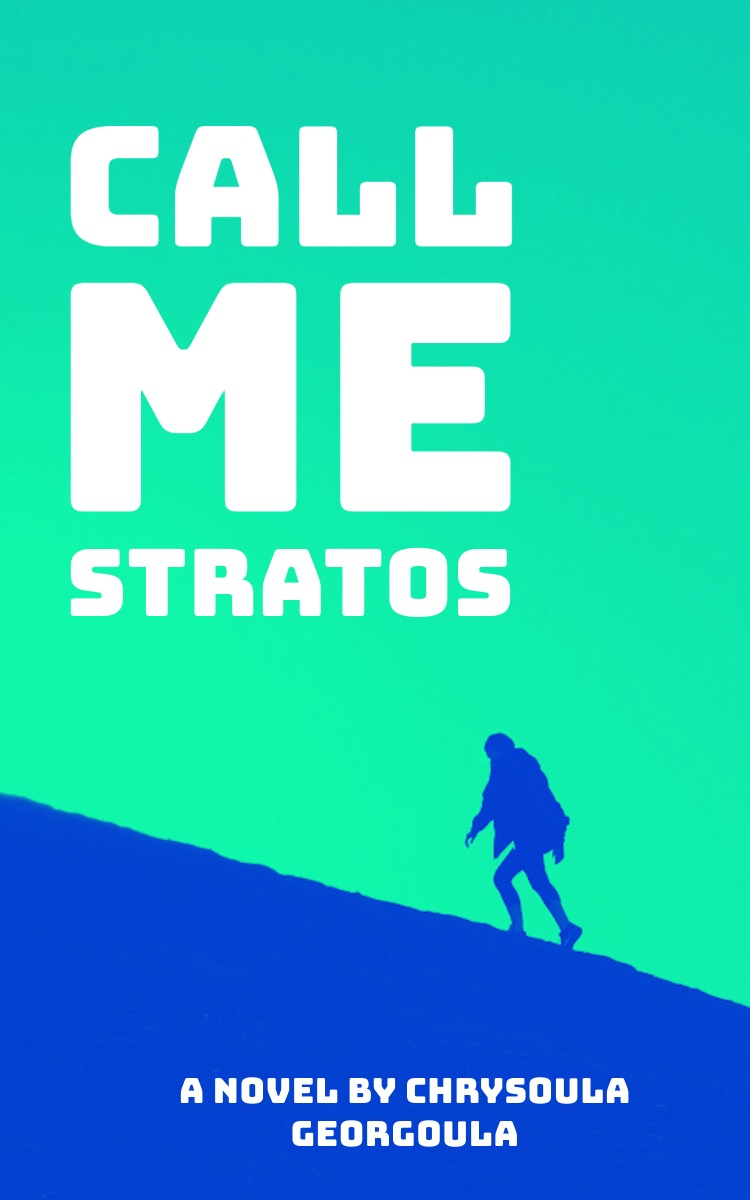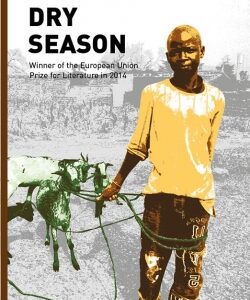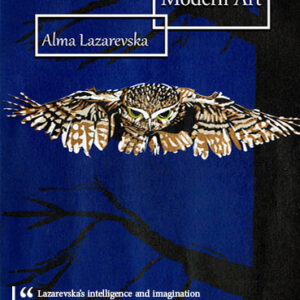By Chrysoula Georgoula
Translated from the Greek by Marianna Avouri
IBSN: 978-1-912545-520
PUBLICATION DATE: 10 Oct. 2025
After his dramatic divorce and at the age of forty-two, Stratos Achtidis returns to his family home to live with his mother and brother. Humiliated and feeling cut off from family and friends, he turns to drink and reminiscences of an over-glorified past. Through the eyes of Stratos, the reader experiences the challenges and changes that have taken place in Greek society over the last quarter of a century; the problems of the ordinary working-class Greek people who have faced existential challenges on a financial and societal level and the consequent changes in their way of life.
Georgoula has written a pitch-perfect portrayal of the male psyche, of a certain kind of Greek male, often with brutal authenticity. Call Me Stratos is not just a good read, it is a vivid portrayal of some of the most important aspects of Greek society.
“Beginning in medias res, we meet him after the high-points of his marriage — the days of plentiful work and easy cashflow, the birth of his two children — have come to their end, but before the scourges of unemployment and moral failure have driven it finally to divorce. One realises after only a few pages that his author, Chrysoula Georgoula, has set out here to present a character study of that particularly male and particularly mediterranean pattern of outlook and behaviour known primarily to the Anglophone world as ‘machismo’. We are of course aware that such a subject is topical, but what Georgoula leaves us in no doubt about is the capacity for real poetry such a vantage point can provide. “
____________________________________________________________________________________
“Call Me Stratos by Chrysoula Georgoula is the unflinching portrait of the social and economic dynamics and tensions that have impacted ordinary working-class Greek people over the past two decades, from the heady run-up to the 2004 Summer Olympic Games, through the devastating years of the economic crisis, to the increased pressures of migration, and the rise of the Golden Dawn. It is a story at once specific to Athens—defined and traced on the streets of one small area of the city—that is now echoing widely in communities and countries worldwide. However, this not an account relayed and assessed from afar. Rather, Georgoula entrusts the narrative to a man who is proud, stubborn, coarse, and self-destructive. And painfully human.”
Review by Joe Schrieber






